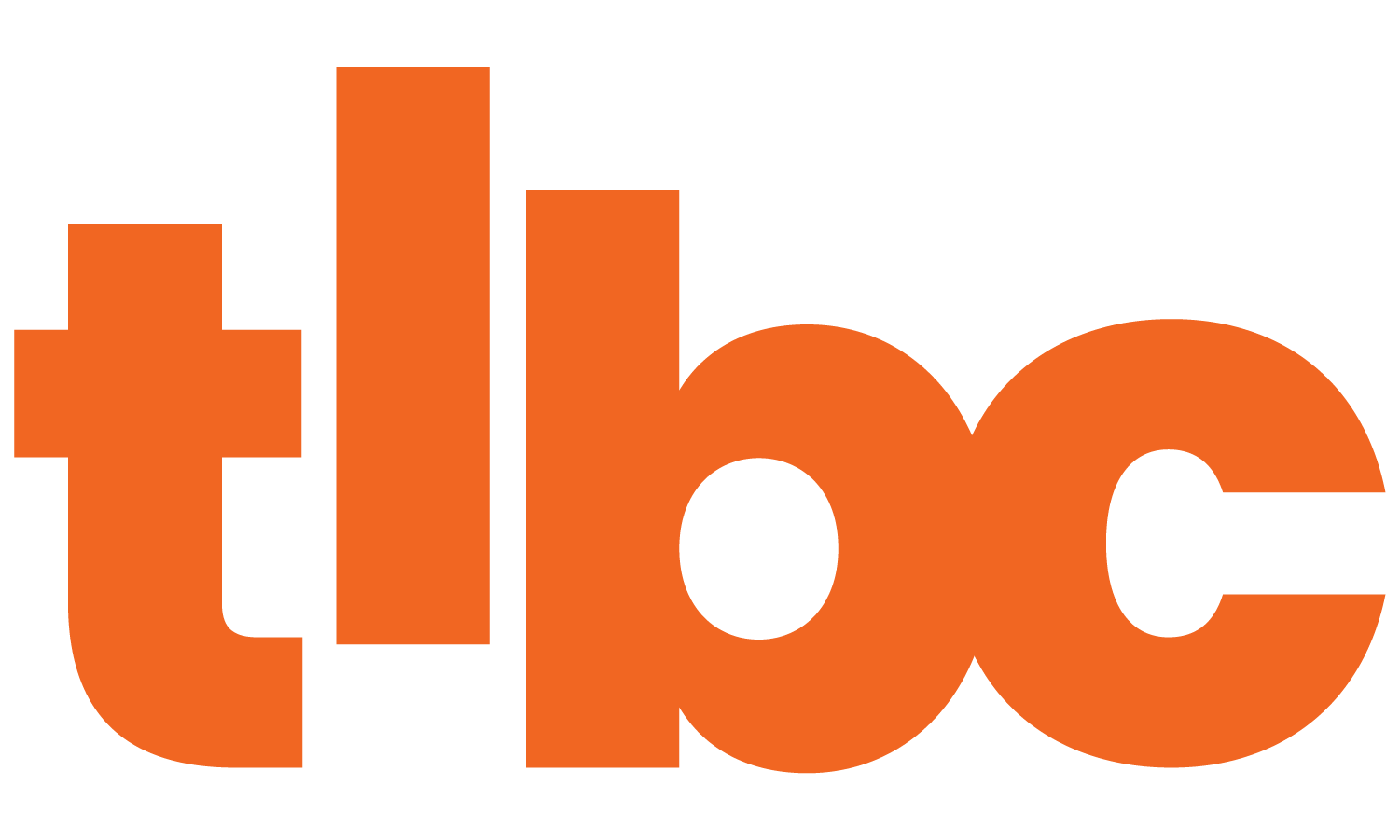Let’s be honest. Most of us deserve more money for the work that we do than what we get paid. Whether our employers can’t afford to pay us more or they just choose not to, many of us are in a position in which we could benefit from saving money.
In this episode, we’re going to explore a few methods that you can use to spend more consciously and maybe save a few extra dollars at the end of the month that you can throw into a savings account.
Here are two reasons why you should listen to the full episode.
- Learn more about debt and credit.
- Discover a few methods that may be able to help you save money in the long run.
Resources
- Listen to all TLBC episodes ad-free and get access to exclusive episodes when you join TLBC+!
- Do you need a step-by-step guide to build consistency in your life? Get a copy of The Consistency Code here!
Episode Highlights
What is Credit? What About a Credit Score?
- Buying things on credit is essentially borrowing money. It creates access to goods and services now by leveraging the understanding that we will pay for them later, and that we will often pay interest (extra money) for being allowed to borrow.
- Our credit report tells the story of how well we pay bills and if we do so by the date they are due.
- It’s not a reflection of our discipline, how good of a person we are, or how hard we work… but it is still something that is important when looking into renting, owning, and getting a loan.
Why Do We Go Into Debt?
- In many countries, debt is something that we accumulate as we go through life. Whether it is taking out a loan to go to school, buy a car, get an apartment, or finance something expensive that we need like a new refrigerator or laptop, debt is pretty universal.
- It’s difficult to go through life debt-free, but not impossible. It depends on a variety of factors, but it doesn’t make you a bad person to have debt.
Why Is It So Expensive to Just… Live?
- That’s a good question. And one that we really don’t have the answer to.
- The bottom line is that life is very expensive. It varies depending upon what the cost of living is in your environment, but there is a very real cost to life and basic necessities.
What Are Financial Goals?
- When you’re constantly underwater, it can be difficult to come up with a financial goal. But it’s still helpful to have an idea of what your best financial scenario could look like. What are you striving for?
- Figure out what it is you’re saving for, if you’re saving for something.
- Decide if there is something in particular you would like to pay off, like a high-interest credit card that has been impacting your credit card for too long.
What Is Financial Literacy?
- Financial literacy is a privilege. It’s not something that everyone has the ability to develop.
- Financial literacy is the ability to understand and effectively use financial skills such as money management, budgeting, investing, and debt management.
Where Do We Begin?
- It may help you to create a budget. It doesn’t have to be something extravagant.
- Make a list of known expenses each month, such as recurring payments.
- Be self-reflective. Take a look at bank statements. Where are you spending the majority of your money? Is there anywhere you can cut back?
Can Money Make Us Happy?
- Most people would immediately reply: no. Money cannot buy you happiness in a box at a grocery store. Which is true, however…
- Having stable finances can help us escape that fight or flight danger zone and begin to focus on other things in our life that do make us happy.
5 Powerful Quotes
- “Oftentimes the financial situation you find yourself in isn’t entirely your fault. But whether we’re saving for our kids’ college fund, to buy a new car, or just to make changes in our lives, it can’t hurt to start being a bit more introspective when it comes to how we spend our money.”
- “To be disciplined in this realm is to have a set of rules that we follow, as well as to be knowledgeable about how we spend and save our money.”
- “Many people are so used to barely staying afloat that they’ve never considered what they’re aiming for.”
- “Being in survival mode like this is destructive to our mental and physical health and often gives us a sense of tunnel vision.”
- “We all want to live a life where we struggle as little as possible. This is human and universal. While money can’t buy happiness, having stable finances can help us escape that fight or flight danger zone and begin to focus on other things in our life that do make us happy.”
Enjoy this Podcast?
If you enjoyed today’s episode of the Tiny Leaps, Big Changes Podcast, then hit subscribe and share it with your friends!
Want to give us a review? If you enjoyed tuning into this episode, then don’t forget to write a review. You can also share it with your loved ones so they can start building some financial discipline of their own.
Have any questions or suggestions? You can contact me through Instagram or send your queries at TLBC’s website, Instagram, and Twitter.
Hosted By: Gregg Clunis | https://www.instagram.com/greggclunis/
Instagram: http://instagram.com/tinyleaps
Twitter: http://twitter.com/tinyleaps





